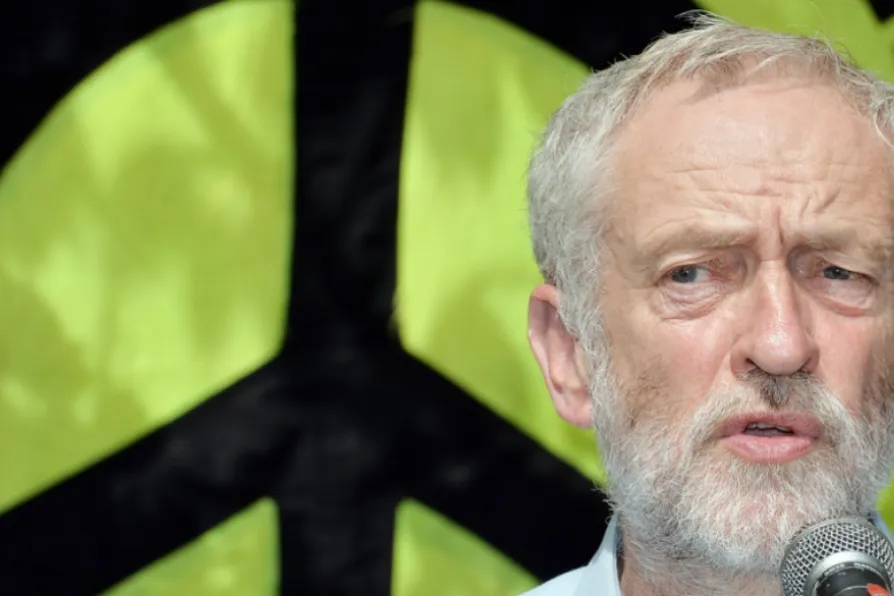As Colombia approaches presidential elections next year, the US decision to decertify the country in the war on drugs plays into the hands of its allies on the political right, writes NICK MacWILLIAM

 Jeremy Corbyn speaks during an event to mark the 70th anniversary of the Hiroshima bomb, in Tavistock Square, London in 2015
Jeremy Corbyn speaks during an event to mark the 70th anniversary of the Hiroshima bomb, in Tavistock Square, London in 2015
WE have heard a lot from some in recent days about how Jeremy Corbyn overlooks anti-semitism or excuses it.
Yet when one looks at many of those making such points there appears to be an absence of actual active opposition to those who both hold such views in Britain and act on them.
That is not something that can be said about Corbyn.

In 1981, towering figure for the British left Tony Benn came a whisker away from victory, laying the way for a wave of left-wing Labour Party members, MPs and activism — all traces of which are now almost entirely purged by Starmer, writes KEITH FLETT

Who you ask and how you ask matter, as does why you are asking — the history of opinion polls shows they are as much about creating opinions as they are about recording them, writes socialist historian KEITH FLETT

KEITH FLETT revisits debates about the name and structure of proposed working-class parties in the past

The summer saw the co-founders of modern communism travelling from Ramsgate to Neuenahr to Scotland in search of good weather, good health and good newspapers in the reading rooms, writes KEITH FLETT














